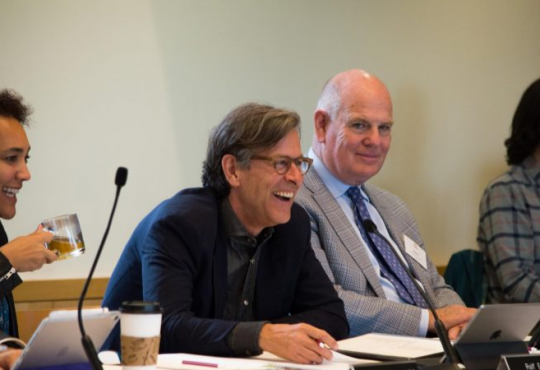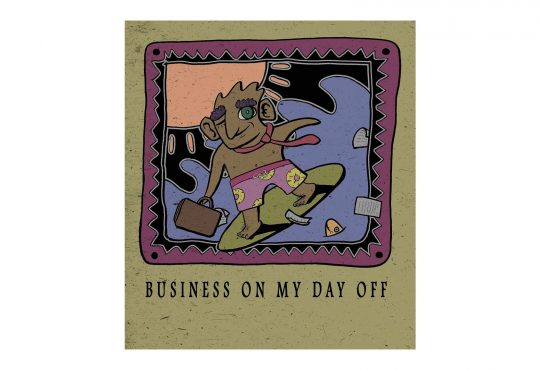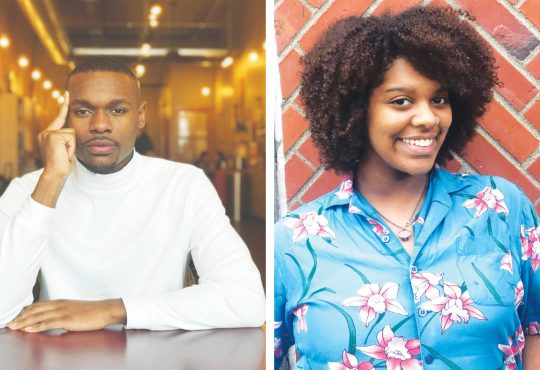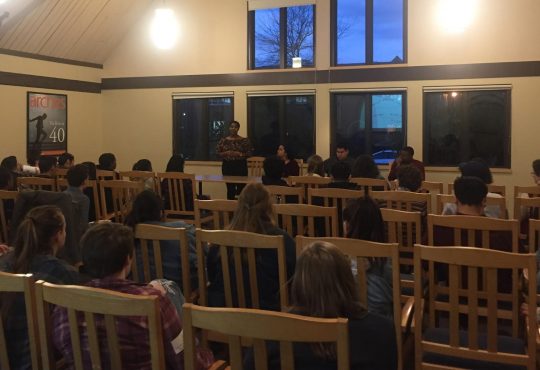By YOLO ONO
After a week of voting and intense debate, students have officially elected their best friend, some cute person and a guy running unopposed to serve as their new ASUPS senators.
While some worried the decision to exclude each candidate’s Facebook profile from the ballot might hurt the election process, ASUPS announced on Monday they are confident the Puget Sound community chose their close friends and the most popular people to serve as the leaders of all clubs, an undisclosed amount of our tuition and most major social events.
“I’m just really glad I to get to have a voice,” freshman Casey Cartwright told The Flail. “My bestie and I have been super close ever since we both said blue was our favorite color during Passages so I’m going to support her however I can.”
This year’s senate race comes as the most successful ASUPS election to date with little voting fraud found or fake people elected.
“ASUPS is constantly finding innovative ways to make sure these elections truly represent the most attractive and popular students on campus,” The Flail’s political analyst Dale Kettlewell reported. “Everyone praised ASUPS’s 2005 decision to let students vote for more than one senator as a brilliant means of dealing with people who were only voting for their best friend. Now candidates have to not only have a lot of best friends but also look great and popular. Now ASUPS has done it again by having candidates submit a profile picture and an about me paragraph instead of requiring a Facebook. This opens the door to anyone who might be too cool to have a Facebook or that person who had a rough time in high school but is really blooming in college.”
However, the addition of profile pictures and “about me” paragraphs has forced the student community to focus on new issues unprecedented in any election before.
Voters now must face controversial topics like what house from Harry Potter the candidate is in or if the candidate is a Democrat or not.
“Elections are as competitive as ever. This fall’s election smashed last year’s voter turnout record with nearly 20 percent of the student population voting for their friends. Candidates now need to quantify their popularity by naming as many clubs and organizations they belong to as possible,” Kettlewell added. “It’s so intimidating some students win by simply entering the race and scaring any competitors off. I mean, do you honestly think some Hufflepuff with a few optimistic ideas and a warped sense of loyalty is going to win just on that? That Hufflepuff needs to suck it up, accept his place in the world and move on. Luckily, thanks to the new system, potential candidates are starting to learn this.”
Now ASUPS shifts its focus to the upcoming spring elections, where it plans to further develop the voting process by having candidates list their top five bands, relationship status and all past lovers.





